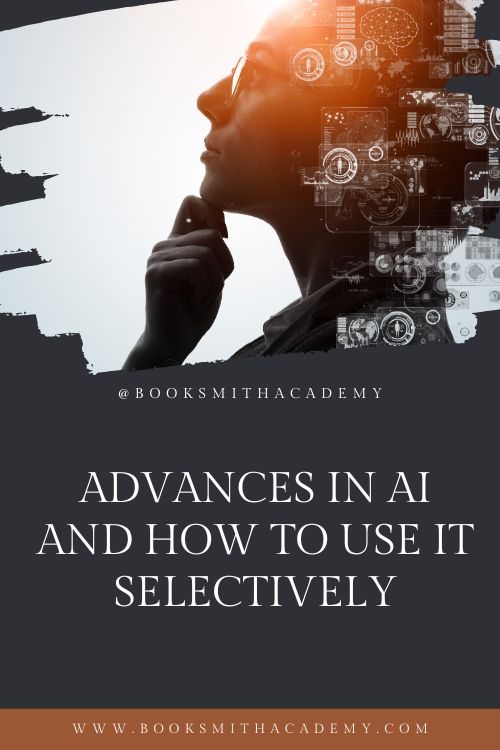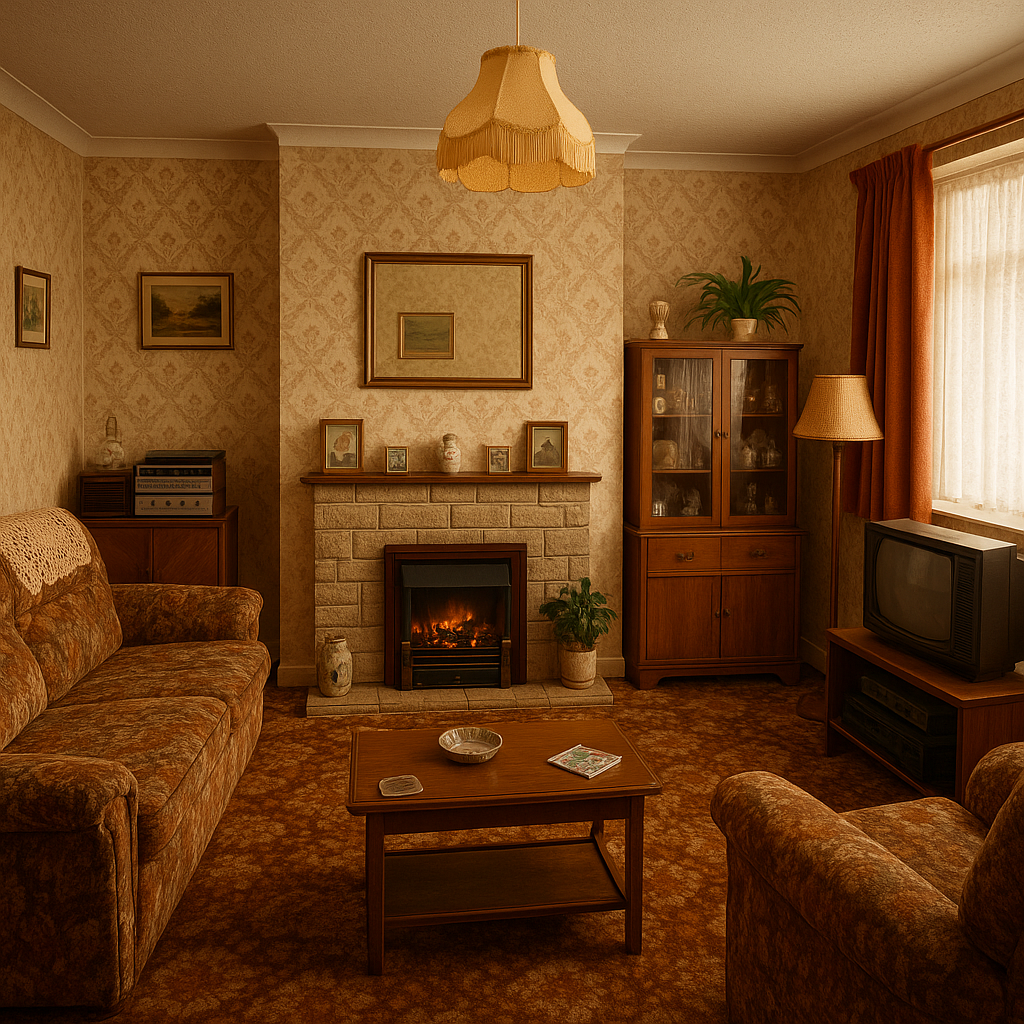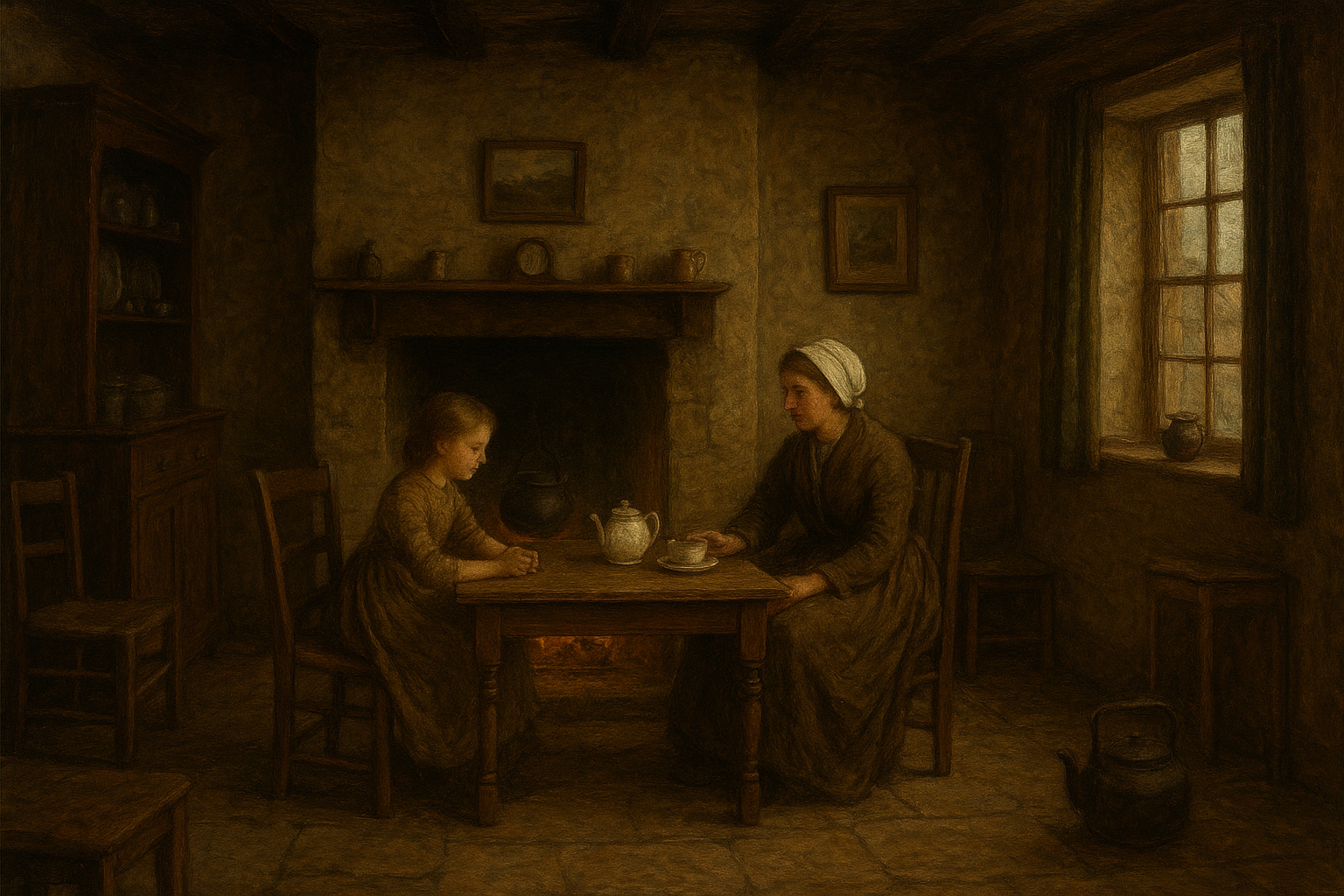
You can’t avoid AI anymore
Back in May we posted about our decision to stop using AI at all in our business. As a creative business that focuses on the wellbeing benefits of writing, it just didn’t fit with our values. As with all technology though, it advances so quickly that it makes your headspin. This year we have seen Google add its AI feature. most social media platforms are not openly using AI as part of their functions and the publishing industry is changing beyond recognition.
One such example is the publisher Spines. This publisher is supporting budding authors in getting their books out into the world quickly and cheaply, by using AI for editing, proofreading, formatting and designing, with little to no human input. They predict that they will have released up to 8000 books into the world by the end of the year. How do you feel about that? You can find out more about it in this Guardian article.
Every week we see adverts for companies who will help you to write your book in a week using AI. Our social media feeds are filled with fake news stories and Ai created images with AI generated stories to create engagement. This is the opposite of what our creative life should be. We should be enjoying the slow, magical process of writing a book, or painting a picture. When we go onto social media, it should be a place to connect with others, not a place to be manipulated by a computer programme.
Be selective in your use of AI
INSPIRATION
What are the ways we are starting to reuse AI then? Well, it is great for inspiration. To provide a spark of inspiration on a dry day, perhaps asking it for a writing prompt. In reality, there are plenty of human written blog posts listing journal prompts and writing ideas, so there is no real need to use AI, but if you want to.
PROOFREADING, SPELLCHECKING, GRAMMAR
It maybe useful for proofreading, and checking for spelling and grammar issues in your writing, before you hit publish. However, be aware than unless you pay for an upgrade version of your chosen AI, you are then feeding it into the system and giving your permission for it to be used by AI. Please check carefully. You may also find that you have to declare that it is AI assisted after such use, which may be an issue for certain publishers.
IMAGE GENERATION
Perhaps you need an image of a man, aged 85, who might have lived in Massachusetts in 1890, this is the sort of image that AI can generate in order for you to picture your character more clearly. Be aware that this isn’t a perfect process, but if it helps you to picture your character it may have its uses. Equally you could ask it to generate a style of housing or a typical front room in a particular era.
To test this we asked ChatGPT to: Generate an image of a typical working class front room, for a family in the 1980s in the UK. This was the result:

Then I asked the same question but for 1840s. This could be really helpful if you are writing a period piece, or if you are writing about another part of the world, but it isn’t perfect.

The images are impressive, and they might help us ignite an idea, but they aren’t beautiful, or something that you would want to celebrate in anyway.
Our stance
Ultimately we still believe that AI is the opposite of creativity. We know that there is an inevitability to its integration into our lives, but use it or lose it would be our advice. If your focus is on productivity, and creativity isn’t your focus, then by all means, use AI to your hearts content. If you value creativity and art though, you need to stop and consider whether you have the same response to AI generated art as you do to human art. Would you rather read a book or a blog posts, or even a social media post, written by a person or generated by a computer programme?
Obviously these are our views, the choices you make around AI use are yours to make. We believe that creativity, whether it is writing, painting, sculpting, acting, dancing, baking, music… is a healing and sacred process. It is how we communicate our deepest emotions, how we connect with others on a deeper level. We can even physically heal ourselves using these practices, perhaps that is why we are being encouraged to hand them over and abandon them? Our creativity is the essence of our humanity. We have been telling stories – through words, pictures, performance and music – long before we had means to share them widely. Let’s not lose that key part of our human history. Keep creating imperfectly beautiful poems, books, artwork and music, create with all of your heart and soul. That is one thing that AI will never be able to do.
Remember this is the disclaimer at the bottom of the page on ChatGPT: ChatGPT can make mistakes. Check important info.
Further reading:
AI Practices for Authors – https://authorsguild.org/resource/ai-best-practices-for-authors/
For more nonfiction writing and wellbeing tips, check out our other blogs or sign up to our bi-monthly newsletter to get writing inspiration straight to your inbox.
